During the daily charging process, many new energy vehicle owners may have encountered the situation where the charging gun automatically stops when the battery is close to being fully charged.
What is the reason for this? Follow today’s article to delve deeper.

Charging Principle of New Energy Vehicles~
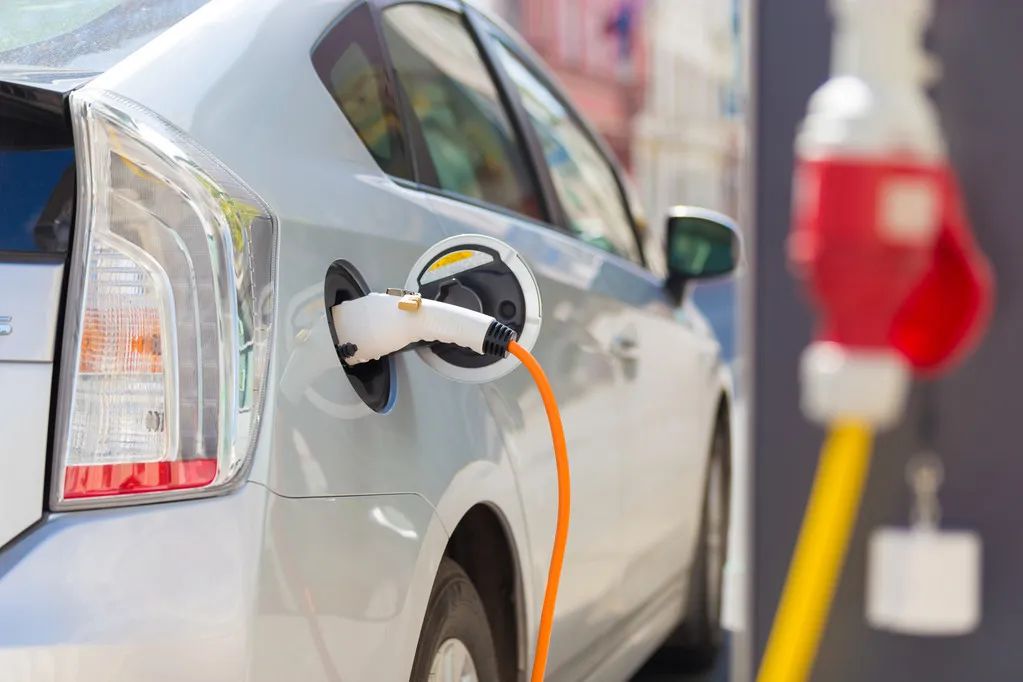
01
SOC is About 98% to Ensure Charging Safety
SOC, or State of Charge, refers to the battery’s charge status, also known as remaining capacity, representing the ratio of the remaining dischargeable energy after using the battery for a period to its fully charged energy, usually expressed as a percentage.
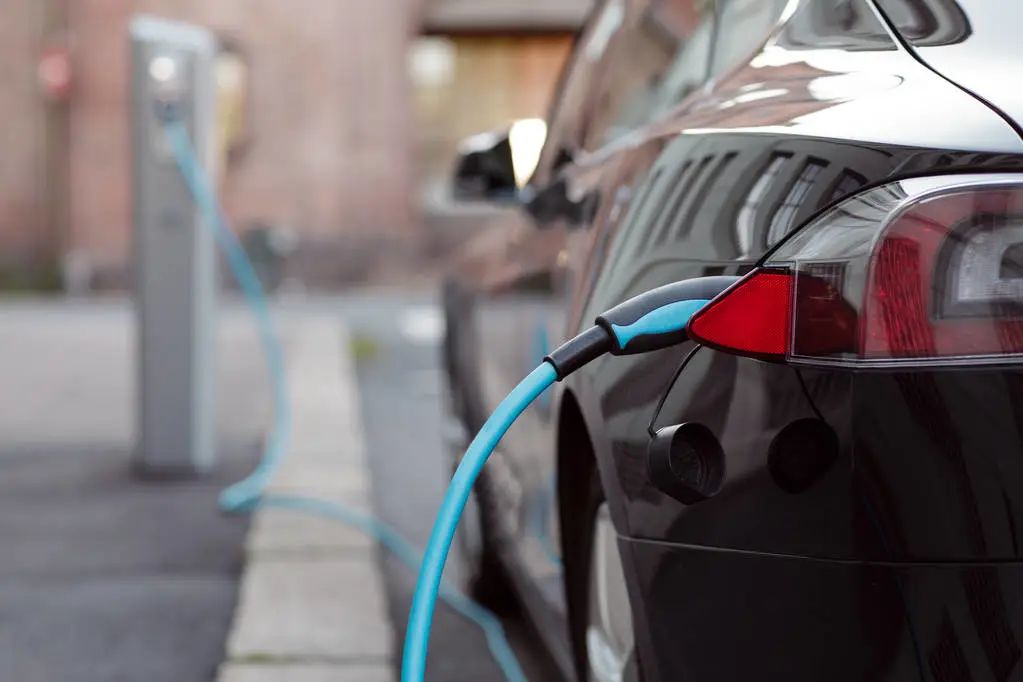
Many vehicle owners set their vehicle’s SOC below 100% to prevent overcharging. When the charging energy reaches the preset SOC value, charging will stop. At the same time, common charging operators in the market also adjust the SOC thresholds for safety reasons, meaning that when the charging station detects that the vehicle’s remaining energy has reached the set value, it will automatically stop the charging operation.
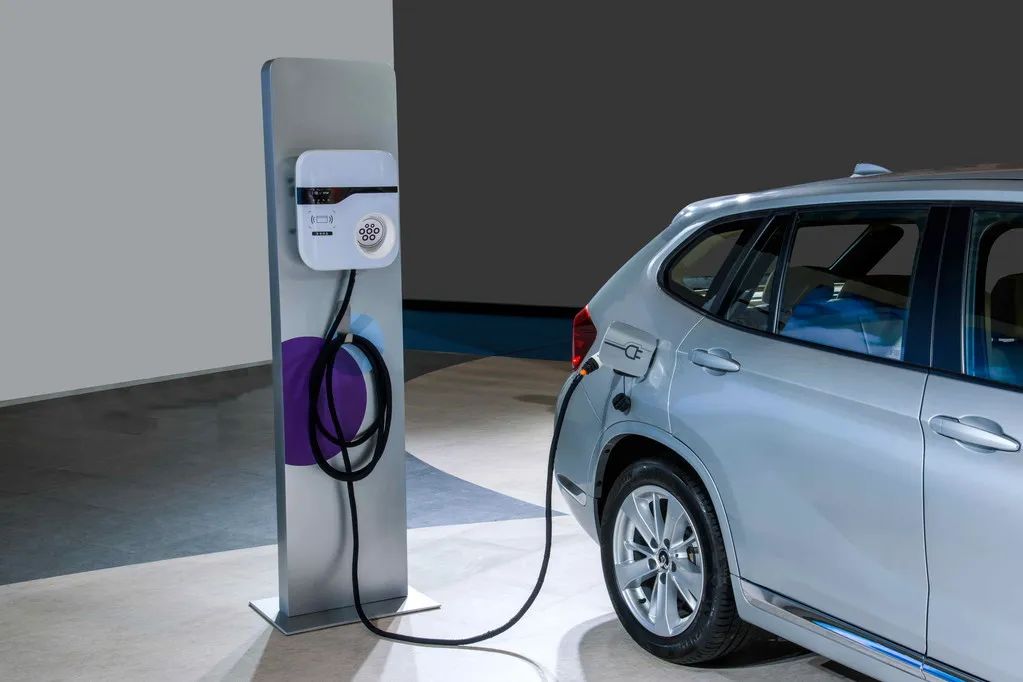
This causes what people refer to as the “jump gun” or “not fully charged” situation, which is a normal phenomenon. This setup is to prevent potential battery short circuits that may occur due to overcharging if the vehicle’s built-in BMS (Battery Management System) cannot automatically interrupt the charging operation, which could lead to fires and unnecessary safety incidents.
02
Can Achieve “Full Charge” Through Slow Charging
Therefore, if the charging stops automatically when the vehicle’s remaining energy has reached the preset SOC, this can be considered a normal situation. However, if it stops before reaching the relevant value, you can reinsert the charging gun to restart charging. Of course, some charging stations may further lower the SOC setting in hot weather for increased safety; you can consult the station administrator or customer service to determine based on the actual situation.
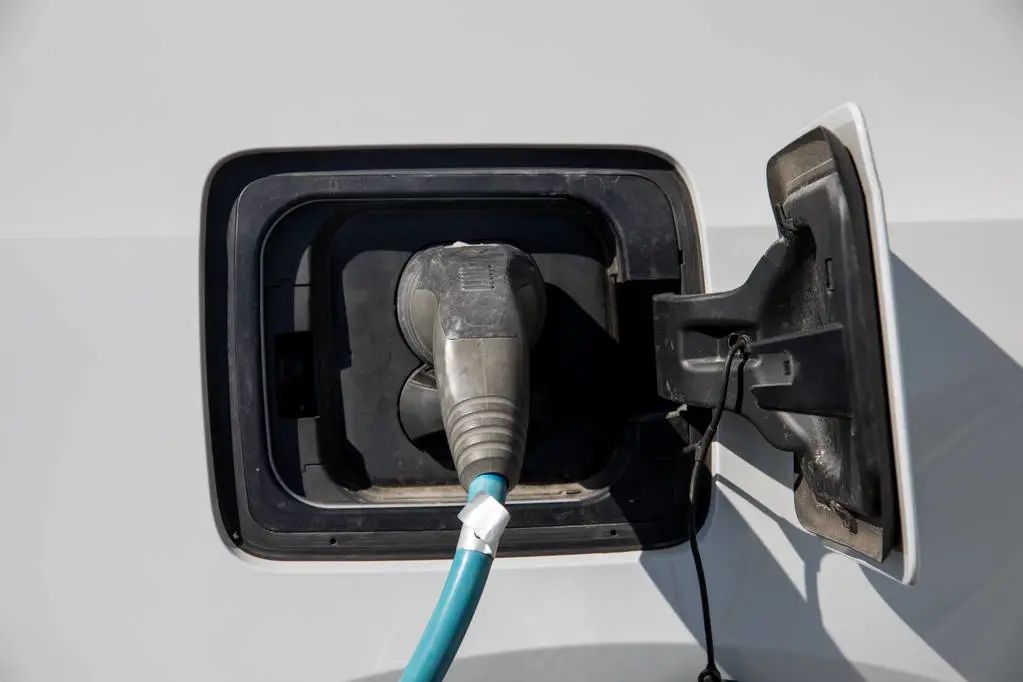
If you want to achieve a full charge of 100%, with the vehicle’s SOC set to 100%, you can charge at a fast charging station until the SOC threshold is reached, and then switch to a slow charging station for trickle charging. This way, you can achieve a “full charge”. However, it is still recommended to follow the shallow charge and shallow discharge usage pattern, which is more in line with the normal usage state of lithium battery cells.

END
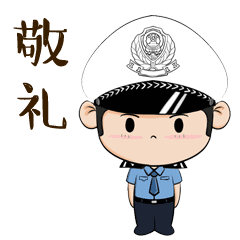
Editor-in-chief | Xiong Ying
Reviewed by | Zhang Nan
Supervised by | Li Chao